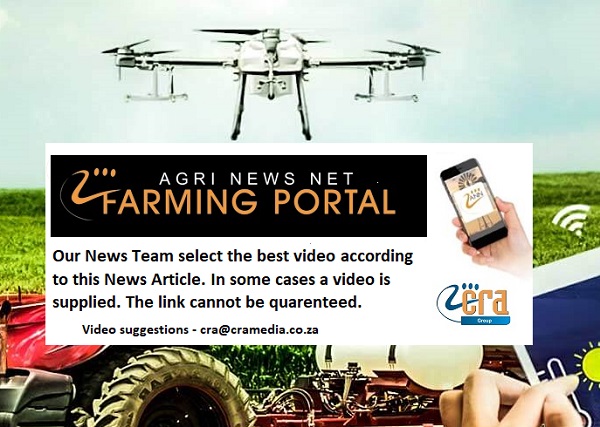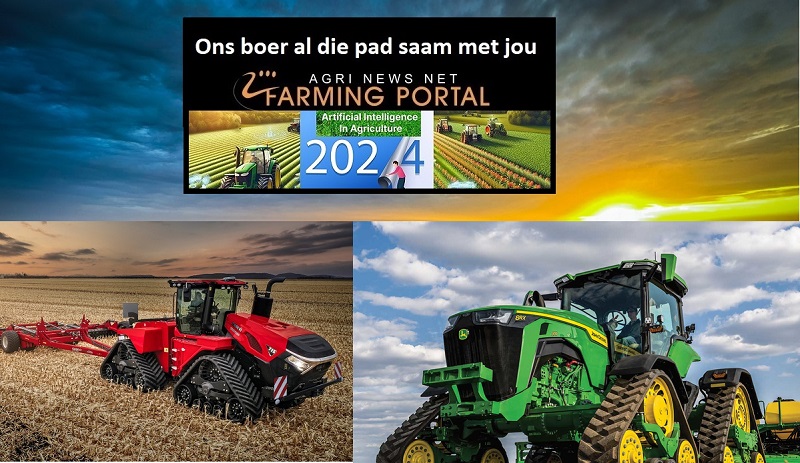We saw all the news Data programs of Tractors manufactures controlling your machinery.
But one area of the law is still being wrestled with: Who owns the data? The answer to that question is not entirely clear.
A producer might be getting site-specific geospatial and metadata across many acres on a typical farm. This data is typically uploaded to the cloud and shared with the agricultural technology provider. The APT might combine this data with other producers’ data across a region to create what is known as “big data.”
Traditional property ownership usually provides you with certain rights. For example, if you’re currently storing grain from the previous season, you have a right to use it as you see fit. You may use that grain for on-farm feeding or sell it, and you can exclude others from using it. You can also sell or transfer your rights to the grain to another person, or you could destroy the grain altogether. Ownership gives you all these rights.
But looking at data in the context of property ownership, we find that it does not fit neatly into our traditional views of ownership. Data is not a tangible asset like grain, hay, livestock or machinery. Much of this data is stored in the cloud, and once in the cloud you may no longer exclude others from accessing it.
The law rarely keeps up with advances in technology. Defining data under traditional views of property ownership will require additional guidance from courts, or even legislation, to help us understand it in the context of property ownership.
Some agricultural law scholars have argued against treating farm data as a type of intellectual property known as a trade secret — any confidential business information that provides a firm with a competitive advantage over other firms. For example, Google’s search algorithm or the formula for Coca-Cola are trade secrets.
With an agricultural operation, if you develop a process giving you a competitive advantage over other farmers, this would also potentially be a trade secret protected under the law.
Forty-seven states have adopted the Uniform Trade Secrets Act. To qualify as a trade secret under UTSA, there must be a formula, pattern, compilation, program, device, method, technique or process. A trade secret derives actual or real independent economic value from not being generally known to others who might obtain economic value from its disclosure or use. This trade secret must also be the subject of reasonable efforts, under the circumstances, to maintain its secrecy.
If we try to apply this to an agricultural operation, though, we run into some issues. Is there a pattern to spraying, planting or harvesting a field? Is there a pattern to how you care for your livestock that generates real economic value from not being known to others?
I would argue, yes, many of you have patterns to how you work your fields or care for your livestock. Do you derive economic value from these patterns? Again, I would argue yes. The issue becomes how generally unknown your process is to other farmers. You are doing much of this out in the open and not in secrecy, which could create issues with this portion of the trade secrets law.
At the same time, what are you doing to maintain confidentiality in practices used on the farm? And how does this relate to the data your farm is generating?
When looking at trade secrets laws, ag data protections will vary from case to case or even from state to state. Currently, the law is not clear about how ag data should be protected even though most ag companies that deal with ag data have said publicly that farm data is owned by the farmer.
 Data harvesting: privacy concerns and opportunities
Data harvesting: privacy concerns and opportunities
As I mentioned earlier, the law rarely keeps up with technology, and data ownership is not as clear as we might expect.
The baseline rule is that the farmer owns the data generated on their farming operation. This seems simple, but the reality of modern farming makes this statement more complicated. A farmer owns their data, sure, but who is the “farmer” when, for example, a retired farmer leases his land to a neighboring farmer on a crop share arrangement? This principle establishes the baseline default principle—the person who farms the land owns the data generated by their farming activities.
When other parties are involved in farming, the farmer must reach an agreement with these parties as to who will own the data. An example here occurs when a local coop that sprays the farmer’s crop. The coop may claim it owns the data generated during spraying. The farmer may claim this same data belongs to him, as it was generated on his field. (Side note: more than one party can own farm data). The ownership principle requires these two parties to agree on who owns the data and how it is used.
When contracting with an ag technology provider, a farmer has a responsibility to ensure only data under his or her ownership is used. The third step in data ownership is to place the responsibility on those using data management programs to make sure they are only uploading and analyzing data they own, or data they have obtained permission to share.
The three steps in the “ownership” principle are not legally binding, but that does not mean these points are not important. These guiding principles will help ag technology providers when drafting their privacy policies and terms of use. As an attorney that does this, these principles are immensely helpful for knowing how draft language governing data ownership.
Courts too will find the ownership principle highly relevant and persuasive when questions about data ownership arise. That's because courts faced with ambiguous contracts will often turn to industry standards to determine how an ambiguous term should be interpreted. The ownership principle is evidence of an industry standard. It was created by both ag tech providers and farmer representatives, including American Farm Bureau Federation and other groups, such as industry trade organizations for wheat, corn, soybeans, and rice. The core principles document is the current industry standard.
Likewise, the ownership principle should help farmers when negotiating farm ground leases because it provides a baseline rule: the farmer owns the data. If a landlord wants access to farm data, the lease should provide so.
If there is one lasting legacy of the farm data core principles document, it will be the ownership principle.















